Talking about your disability at work
Whether to tell people about your disability at work is your choice to make. If you’re starting a new job or already working, you might like to talk to your employer about your disability to get any support you need.
When to talk about your disability
You should talk to your employer about your disability if:
- your disability affects how you might do your job
- your disability affects you working safely.
If your disability doesn’t affect your work or safety, you don’t have to mention it.
Deciding whether to talk to others at work about your disability is a personal decision. You should decide based on your own situation.
There are some benefits to talking about your disability, if you choose to.
For example, it can:
- build trust between you and your employer and co-workers
- let you talk about how you’ll do the tasks in your job
- let you talk about changes to the workplace or flexible working arrangements to support you to do your job.
Sharing information
When you talk to your employer about your disability, the law says you only need to give information about:
- how your disability might affect your ability to do the job or work safely
- medications you take that might affect your ability to work safely.
You don’t need to talk about other medical or personal issues not related to your disability.
Starting the conversation
If you are ready to talk about your disability at work, you might like to start a conversation with your employer. You and your employer could consider:
- writing an email to co-workers introducing yourself and saying what support you need
- writing something for your internal website or newsletter
- organising disability awareness training for your workplace.
These conversations can help promote positive and inclusive attitudes within the workplace.
Financial help with changes in the workplace
Through the Employment Assistance Fund (EAF) you or your employer may be able to get funding for equipment to help you in the workplace or for services, such as a disability training.
Tips for talking to co-workers
Your co-workers might be curious about your disability and how you manage it. It’s up to you how much to say. Be as honest and open as you feel comfortable with.
If people don’t respond well to what you tell them, remember that it’s not your job to change people’s ideas about disability. And some co-workers might be shy or uncomfortable, or worry about saying the wrong thing.
If you feel comfortable, you could talk to co-workers about:
- what tasks you find easier or harder to do
- how you might cope in certain situations and how they might be able to help
- what support you might need in the workplace.
What people can’t ask you
Your employer or co-workers can’t ask:
- for personal details – for example, about how you live
- general questions about your health or disability – for example, how you got your disability.
Note that it is illegal for your employer, supervisors or co-workers to make upsetting or offensive comments about your disability. If you are worried about how people act around you at work, or questions they ask, talk to your manager. You can also raise it with someone in the human resources department.
See also Dealing with discrimination at work for more information.
Your privacy
There are laws that protect your privacy. That means if you mention your disability to someone at work, they can’t tell anyone else about it unless you give your permission.
For more information, visit How your personal information is protected. You can find out more about the Privacy Act at the Office of the Australian Information Commissioner website.
Related pages
Last updated:
Talking about your disability at work
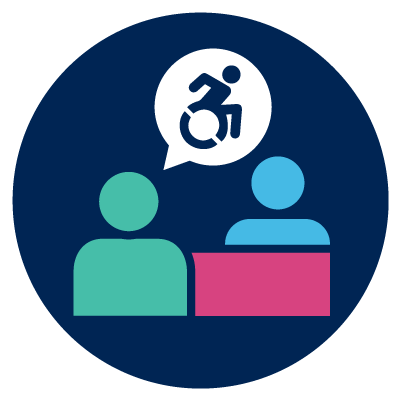
You can decide if you want to talk about your disability at work.
When to talk about your disability
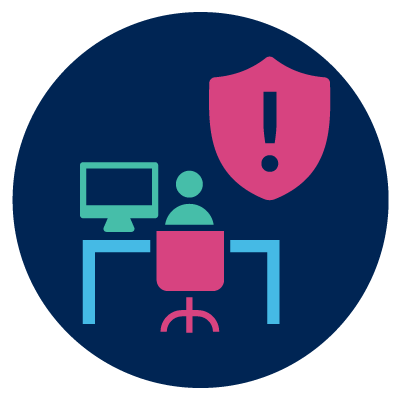
You should talk to your An employer hires people to work for them. about your disability if it might affect:
- how you do your job
- your safety.
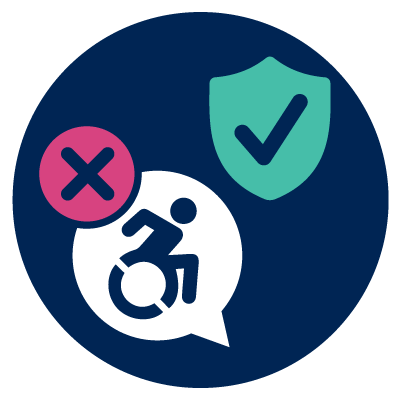
You don’t have to tell anyone about your disability if it doesn’t affect your work or safety.
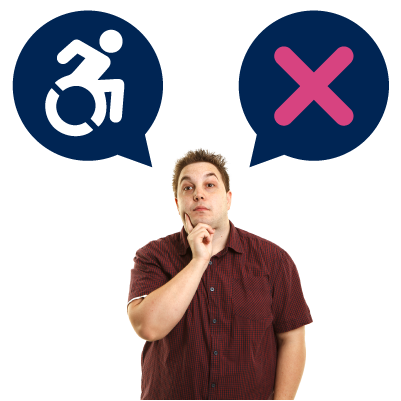
You can decide if you want to tell other people about your disability.
This is your choice.
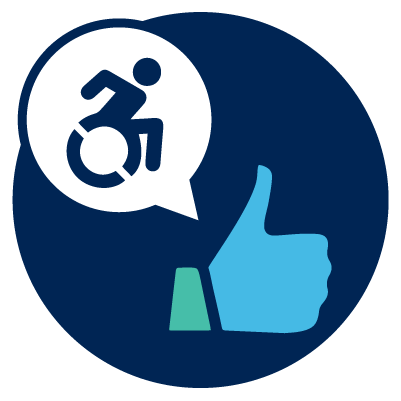
There can be some good things about talking about your disability.
It can help you:
- build trust with your employer and co‑workers
- talk about how you can do your job
- talk about changing your A workplace is any place you might work, such as an office, factory or shop.
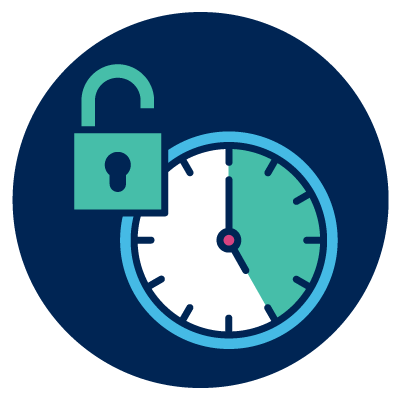
You might also need to ask for flexible working hours.
For example, you might ask to work:
- different amounts each day
- different days each week.
Sharing information

You don’t need to tell your employer everything about your disability.
The law says you only need to tell your employer about:
- how your disability might affect your work or safety
- any medication you take that might affect your work or safety.
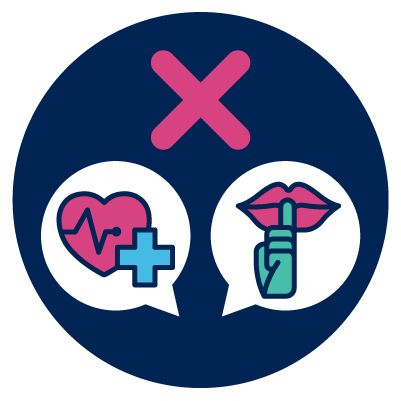
You don’t need to tell anyone about other things in your life.
This includes things that are medical or personal.
Starting the conversation
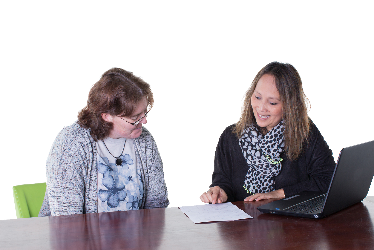
If you are ready to talk about your disability at work there are some things you can do.
You might want to talk to your employer first.

You might want to work with your employer to decide how to tell other people about:
- your disability
- what support you need.
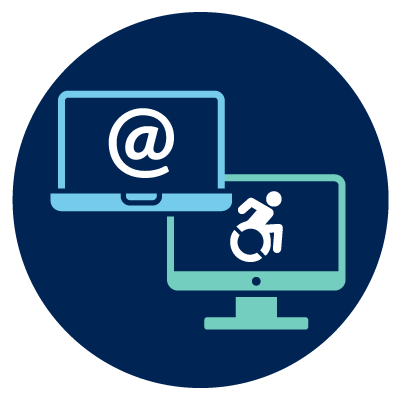
For example, you might want tell your co‑workers in an email or on a staff website.
You can also work with your employer to plan some training about disability in your workplace.
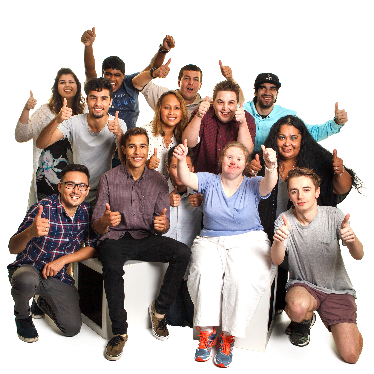
Talking about your disability can help your co‑workers have positive Attitudes are what you think, feel and believe. about disability.
Support to change your workplace
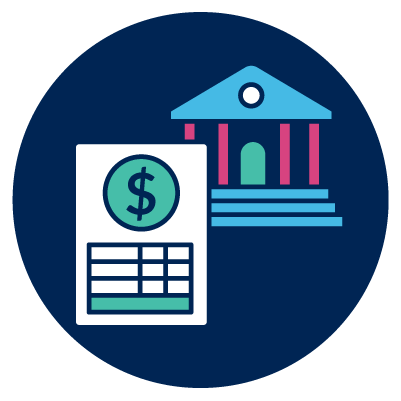
You might be able to get Funding is money from the government to pay for services and supports. to change things in the workplace, like equipment.
You might also be able to get funding for services.
For example, training for co-workers to understand your experiences and what you need.
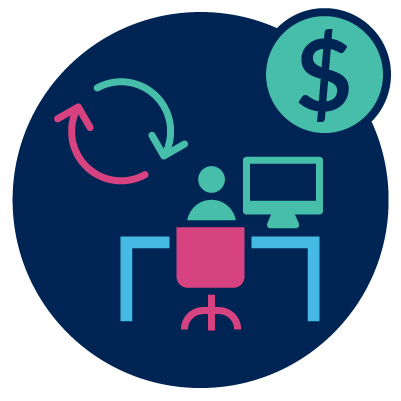
You can find out more on our page about funding for changes to the workplace.
Tips for talking to co‑workers
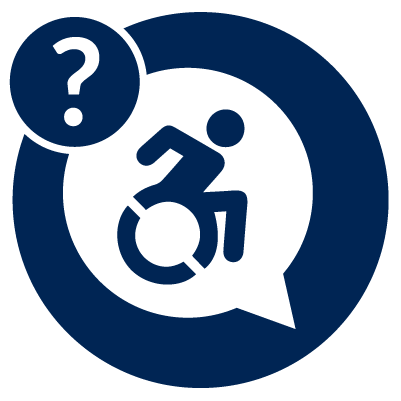
Your co‑workers might want to know about:
- your disability
- how you manage it.
You can decide how much you tell them.
You don’t have to tell them any more than you want to.
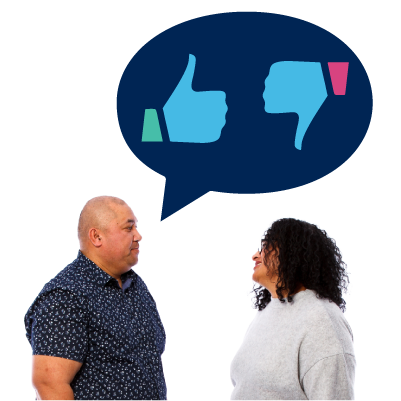
If you feel comfortable talking to your co‑workers about your disability, you could talk about:
- what tasks are easier or harder for you
- how you might feel when some things happen
- how they can support you.
What people can’t ask you
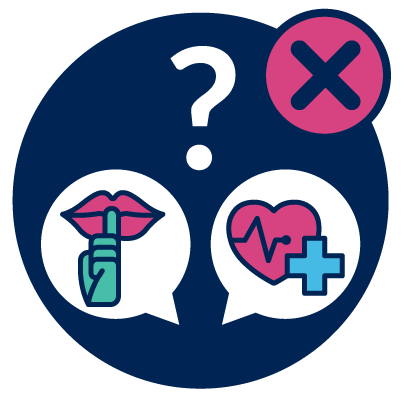
There are some things that your employer and co‑workers can’t ask you.
They can’t ask about:
- your personal life – like how you live
- your health or disability – like how you got your disability.
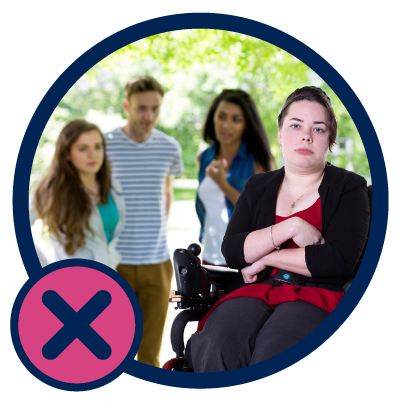
The law says that your employer or co‑workers can’t say mean things about your disability.
You can talk to your manager if you worry about:
- how people act around you
- questions people ask you.

Your employer might have a People who work in human resources support other people who work for that employer. department.
You can also get support from them.
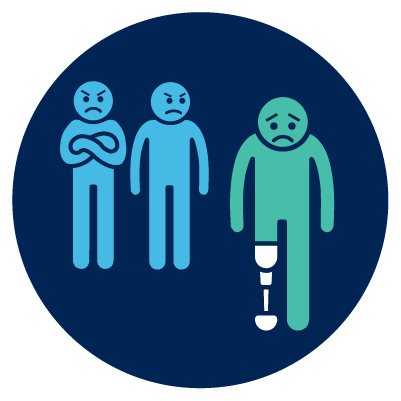
You can find out more about what to do if you are treated unfairly on our page about dealing with discrimination at work.
Your privacy

There are laws that protect your privacy.
The laws say that you can tell your co‑workers about your disability if you want.
But they can’t tell other people unless you say it is okay.
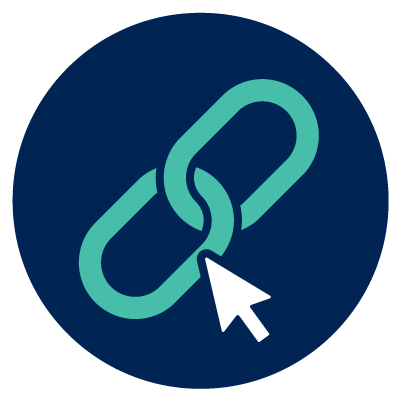
You can find out more on our page about how your personal information is protected.
